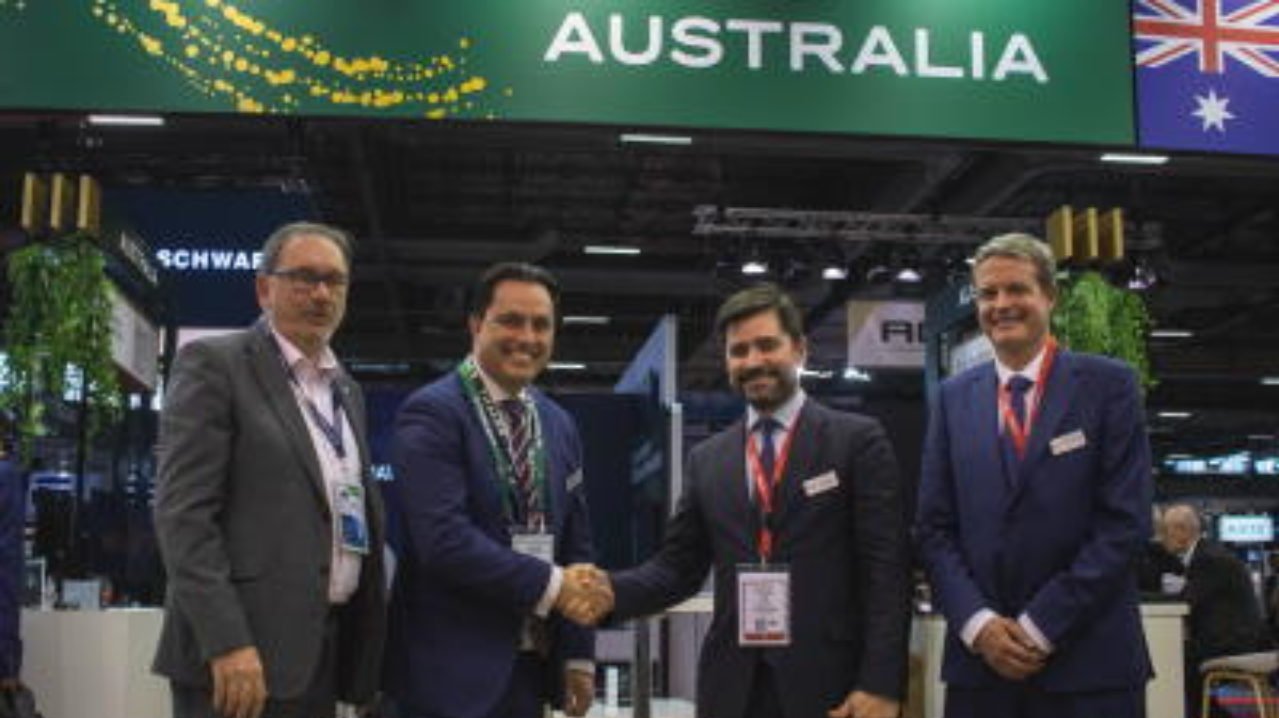Thales Australia has entered into a collaboration agreement with global defence and security peer, EXPAL Systems S.A. (EXPAL).
The new agreement aims to establish Sovereign Capability solutions in Australia for large caliber Naval munitions and fuzes in support of the Australian Defence Force.
The new agreement will facilitate the technology transfer to Australia of Intellectual Property and support the development of new manufacturing processes that will enable the local production of critical munitions including, 5” Charge Propelling (CP) and high explosives projectiles, as well as advanced fuze solutions.
The Royal Australian Navy (RAN) currently utilises 5” naval munitions that are manufactured and supplied separately by both EXPAL in Spain, and Thales in Australia. This new agreement between Expal and Thales will not only provide the RAN greater ‘on demand’, localised access to leading EXPAL-Thales 5” technology, it will also provide greater surety of supply for critical 5” munitions capability.
Expal and Thales have also agreed to an extensive research and development program, providing a roadmap to the Australian Defence Force for 5” munition technology enhancement on current and future RAN platforms including, munitions offering longer range, reduced sensitivity and precision strike capability.
Corry Roberts, Vice President Land, Thales Australia & New Zealand said: “Over the past 12 months we have established significant partnerships with some of the worlds’ preeminent munitions providers including EXPAL, to nurture technology transfer to Australia and establish local production capability of critical munitions. This is a clear demonstration of the company’s long-term commitment to growing and maintaining an enduring, sustainable and resilient sovereign industrial munitions capability for the Australian Defence Force”.
Luis Abad, Vice President Sales, EXPAL said: “We are looking forward to intensifying the cooperation with Thales Australia and provide our Naval Munitions expertise. Our complementary technologies will enhance Royal Australian Navy capabilities and optimize Australian Industrial Capability (AIC).”









